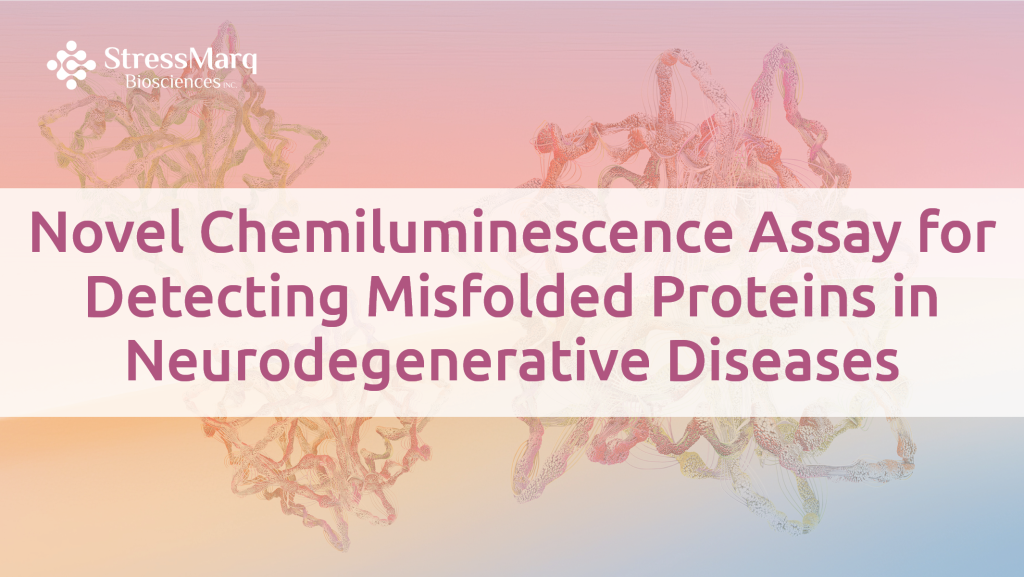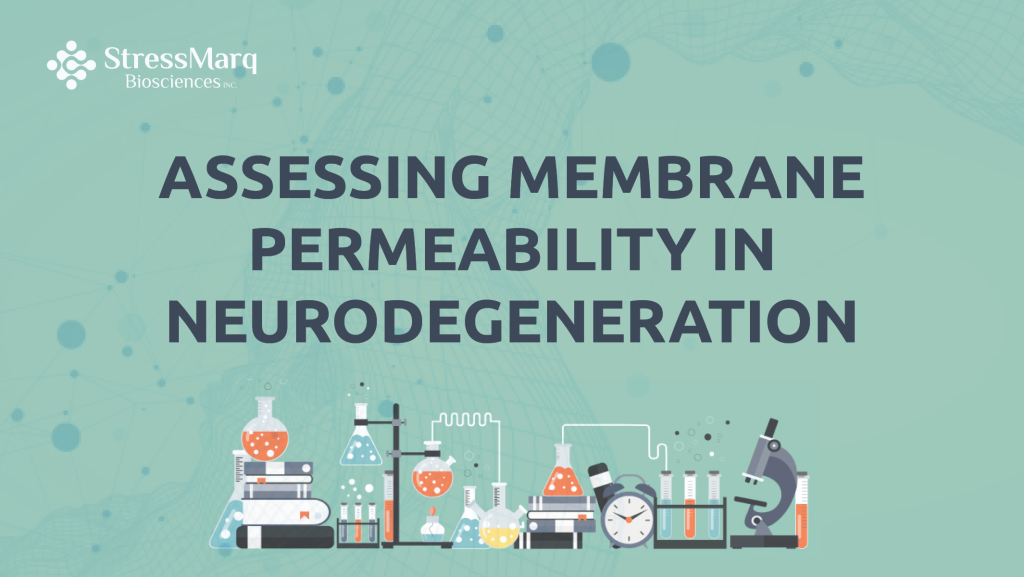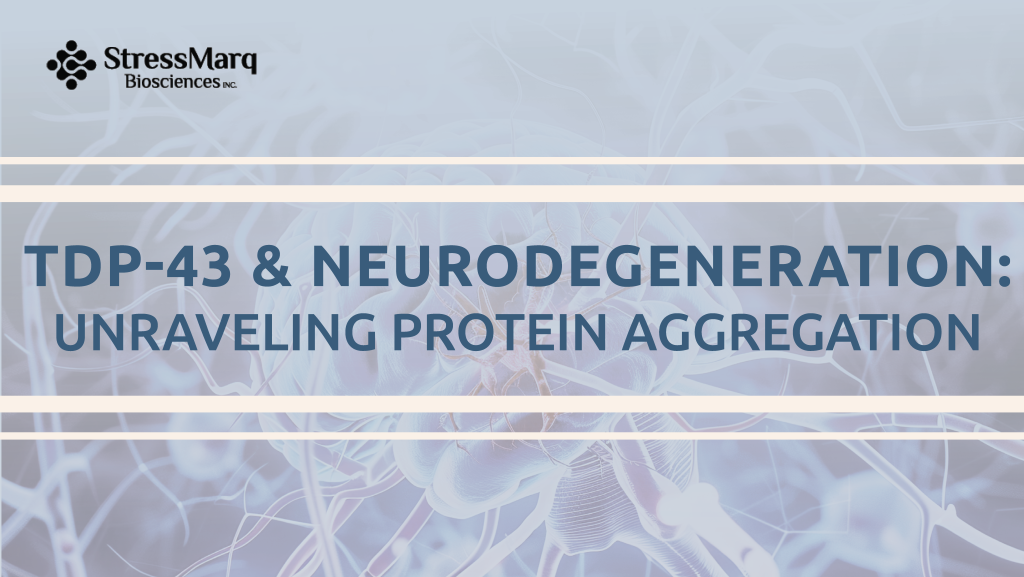Blog

Wanida Vongpraseuth | December 17th, 2025 | Webinar

Liv Dunsdon | December 15th, 2025 |

Wanida Vongpraseuth | December 2nd, 2025 | Product Citation Reviews

Wanida Vongpraseuth | December 1st, 2025 | Announcements

Liv Dunsdon | November 12th, 2025 | Product Citation Reviews

Wanida Vongpraseuth | November 3rd, 2025 | Product Citation Reviews

Liv Dunsdon | October 22nd, 2025 | Product Citation Reviews

Liv Dunsdon | October 10th, 2025 | Product Citation Reviews

Wanida Vongpraseuth | September 24th, 2025 | Product Citation Reviews

Wanida Vongpraseuth | September 5th, 2025 | New Products











